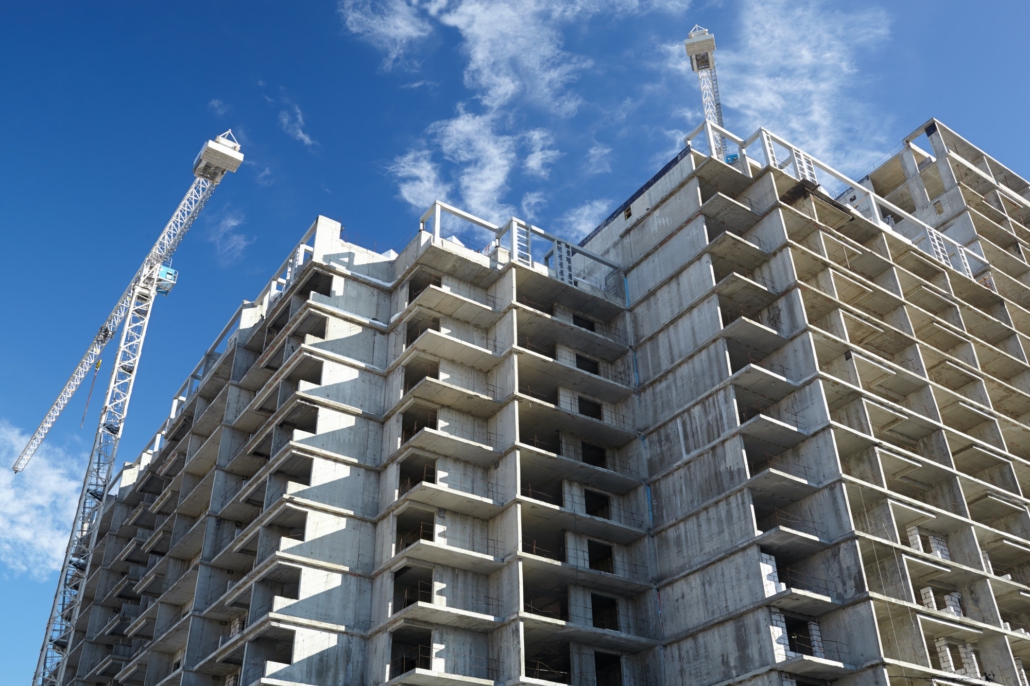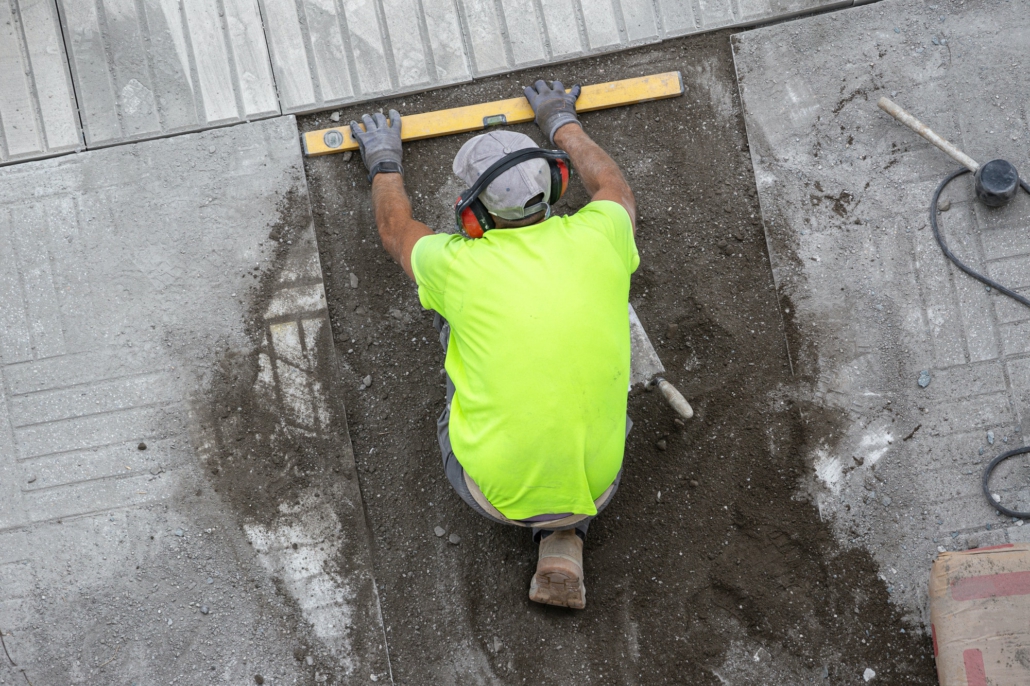LEGAL+ NEWS
Appeal law: When is a submission late in the appeal proceedings?
The correct decision on late submissions in appeal proceedings is of great practical importance, as late submissions are generally not to be considered by the court of appeal.
In a significant decision, the Federal Court of Justice (BGH) has reminded us that in many cases, the court of appeal must nevertheless take into account means of attack and defense that have already been disregarded by the court of first instance (BGH, decision of 27.2.2018 – Ref. VIII ZR 90/17).
The BGH decision on late submissions (case no. VIII ZR 90/17)
- A frequently misinterpreted paragraph is Section 531 (1) ZPO:
“Defense and attacking arguments that were rightly rejected at first instance remain excluded.”
This provision is often interpreted too broadly by appeal courts, particularly in light of Section 296a sentence 1 ZPO:
“After the conclusion of the oral hearing on which the judgment is rendered, no further means of attack or defense may be presented.”
- Many courts of appeal wrongly assume that submissions that were rejected in the first instance pursuant to Section 296a ZPO are also excluded from the appeal proceedings pursuant to Section 531 (1) ZPO.
- As the BGH has stated, this does not correspond to the legal situation under the ZPO. § Section 531 (1) ZPO only applies if the submission was rejected in the first instance on the basis of Section 296 (1) to (3) ZPO. However, if it is based on Section 296a ZPO, Section 531 (1) ZPO does not apply – regardless of whether the decision was correct or incorrect.
Questions about the appeal procedure and late submissions?
Contact me in confidence for professional advice.
On the question of when submissions in the appellate instance are “new”, please also read my article on the scope of a so-called pleading indulgence!

LATEST ARTICLES

Degree of completion of the work
The standards relating to the right to refuse acceptance (Section 640 (1) sentence 2 BGB, Section 12 (3) VOB/B) state that acceptance of the work may not be refused due to insignificant defects. There is no statement on the required degree of completion of the work as a prerequisite for acceptance.
However, the question of what degree of completion the work must have reached in order to be considered ready for acceptance is very important, particularly in the case of plant construction, which is usually very complex.

Major deficiency in plant engineering
Answering the question of whether there is a significant defect is very difficult, especially in often very complex plant construction. The absence of major defects is the decisive prerequisite for acceptance. The latter has considerable legal and practical significance: the start of the warranty periods is regularly linked to this. In addition, the due date of a considerable part of the agreed remuneration generally depends on acceptance.

Formal acceptance under building law
Particularly in the case of complex (plant) construction projects, the contracting parties often agree – usually on the basis of the VOB/B – to carry out a so-called formal acceptance. The following article deals with the question of what such a formal acceptance is actually all about.
CONTACT

+49 (40) 57199 74 80
+49 (170) 1203 74 0
Neuer Wall 61 D-20354 Hamburg
kontakt@legal-plus.eu
Benefit from my active network!
I look forward to our networking.
This post is also available in: DE
